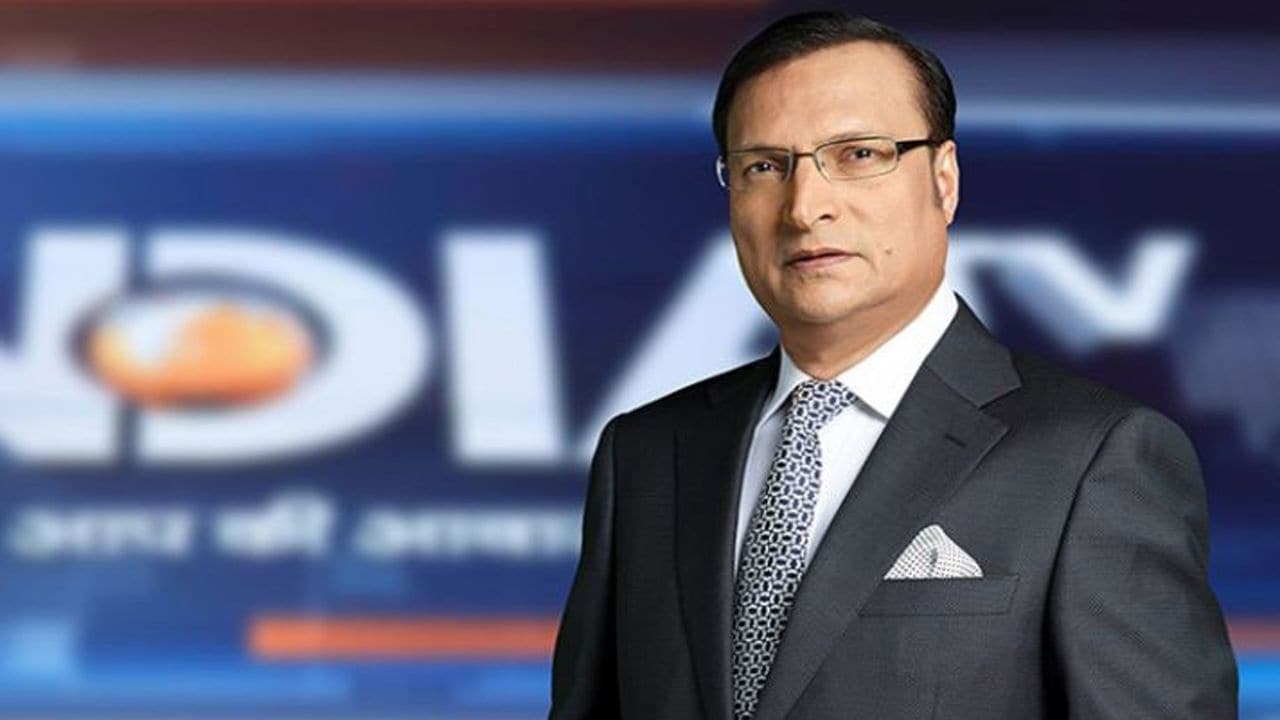
JOURNALIST RAJAT SHARMA FILES PIL IN DELHI HC OVER DEEPFAKE VIDEOS
Journalist Rajat Sharma has taken legal action against the proliferation of deepfake videos, filing a public interest litigation (PIL) in the Delhi High Court, according to a Bar and Bench report on Wednesday, May 8.
Sharma's plea urges the court to direct the Ministry of Electronics and Information Technology (MeitY) to identify and block platforms and mobile applications facilitating the creation of deepfakes.
The PIL, brought forth by the chairman and editor-in-chief of India TV, highlights the growing threat posed by deepfake technology, particularly after Sharma himself became a victim of its misuse. Sharma's likeness was maliciously used in a fake video circulating on social media, promoting dubious medical advice on diabetes and weight loss treatment, according to the report.
During the hearing, the bench, comprising Acting Chief Justice Manmohan and Justice Manmeet Pritam Singh Arora, expressed concern over the government's inaction in addressing the issue, emphasising the urgent need for intervention. The court issued a notice to the central government, demanding a response within four weeks and scheduled the next hearing for July 19.
“This is a major problem. We have been telling you (central government) for months. Government will have to consider this… Are you willing to act? Are you going to act? Political parties are complaining about this as well. You are not taking any action,” the bench remarked.
Sharma's plea not only seeks the blocking of platforms enabling deepfake creation but also advocates for the appointment of a dedicated government nodal officer to swiftly address complaints related to deepfakes. Additionally, he calls for stringent measures to ensure timely takedown of deepfake content and transparency regarding AI-generated material.
Sharma has urged the government to mandate that apps and platforms facilitating the production of deepfakes to clearly disclose their AI-generated nature, employing methods such as watermarks or other effective means of identification.
The PIL highlights the profound implications of deepfake misuse, emphasising its potential to distort public discourse, undermine democratic processes, and infringe upon individuals' rights and privacy. Sharma argues that the existing legislation falls short in adequately addressing this emerging threat, emphasising the absence of a dedicated mechanism to tackle deepfakes in India.
Further, the plea draws attention to the limitations of current data protection laws, citing the Digital Personal Data Protection Act, 2023, which excludes publicly available data from its purview.
“India’s data protection legislation, the Digital Personal Data Protection Act, 2023, does not protect publicly available data. According to Section 3(c)(ii) of the Act, it does not apply to personal data that users have intentionally made publicly available. For instance, if a blogger shares personal information on social media, this data processing falls outside the data protection law's jurisdiction,” the plea said.
This legislative gap, Sharma contends, exacerbates the challenges in combating deepfake proliferation and underscores the pressing need for comprehensive regulatory frameworks.
2024-05-08T13:35:09Z dg43tfdfdgfd